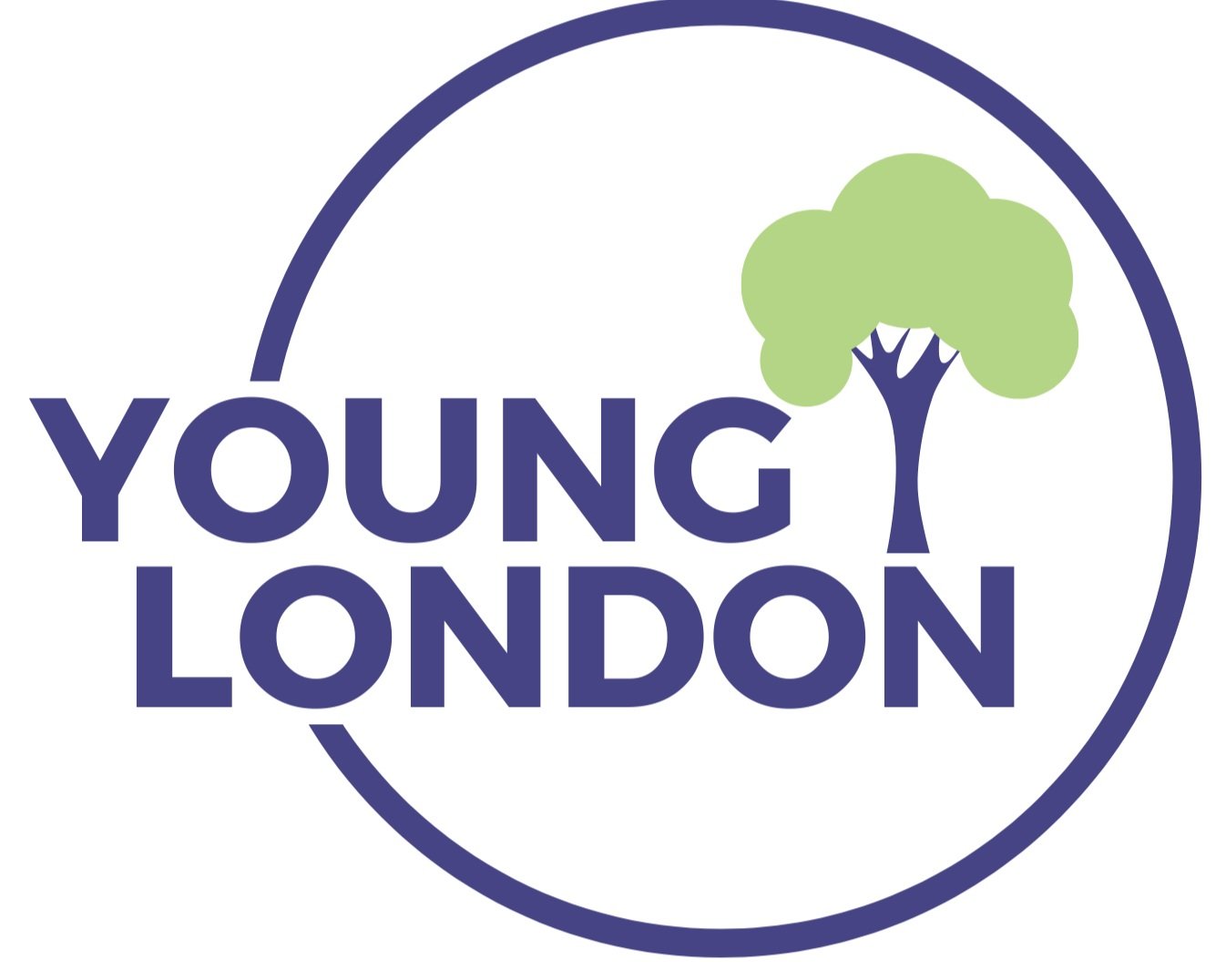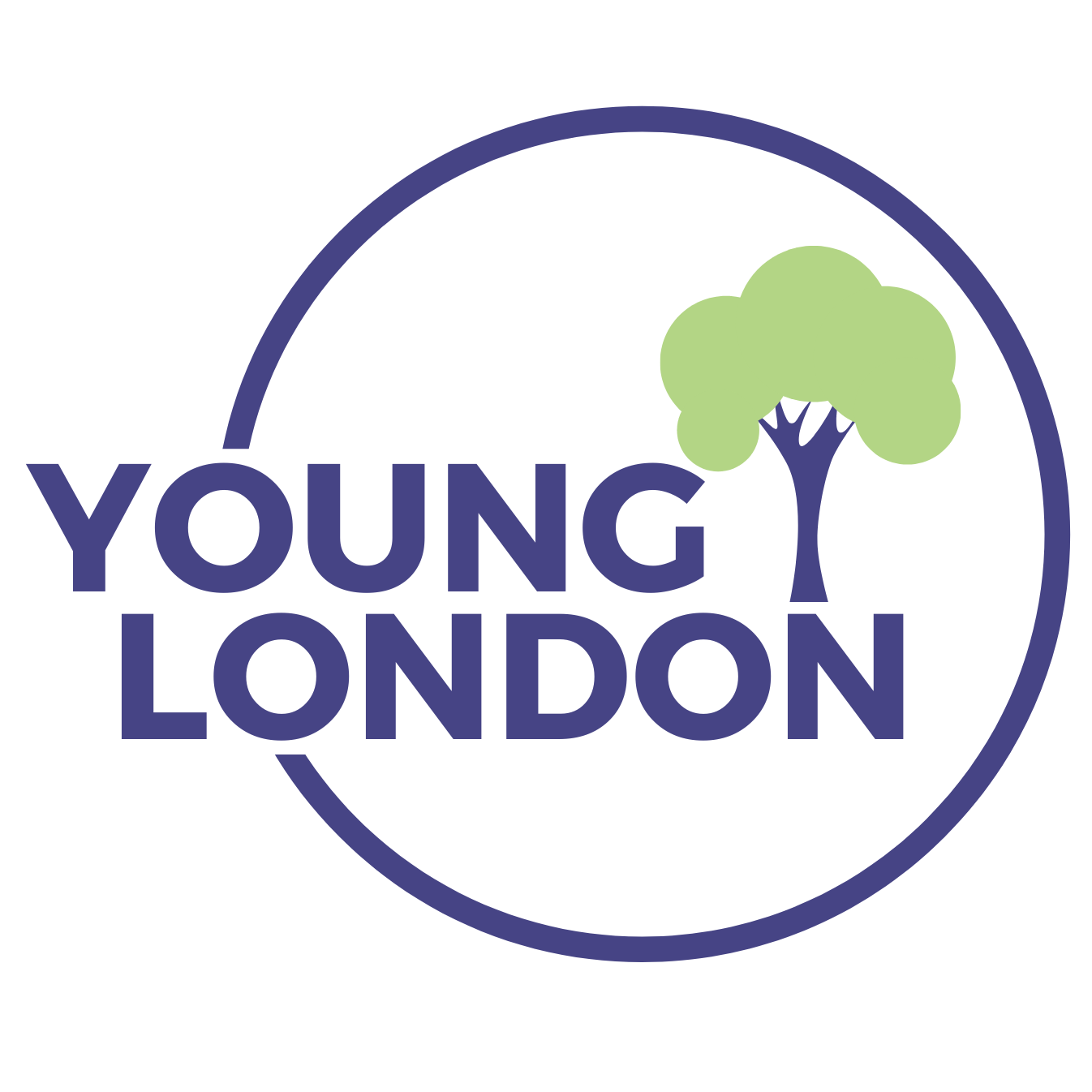Our History
Young London was founded in 2011 by Matt Ross, a visionary 23-year-old Londoner who aimed to amplify young people's voices in decision-making spaces. Frustrated with being the youngest person in the room during meaningful conversations, Ross created the London Youth Advisory Council (LYAC) to ensure that the youth of London were taken seriously in matters that impacted their lives.
After struggling with traditional committee procedures and formal votes, the LYAC realized it was time for a radical change. In 2013, Matt Ross partnered with former Western University Student Council President Adam Fennell, and together they secured grant funding to support the organization's work. These two dynamic leaders formed a powerful partnership that led to the creation of a new kind of Youth Council and a proposal for significant changes.
Following the 2014 LYAC elections, Matt and Adam proposed a new direction inspired by a report from the Provincial Advocate for Children and Youth titled "Feathers of Hope" and Indigenous talking circles. They proposed a form of governance based on experimentation and storytelling. In 2015, these discussions led to forming of a new council position out of Western University as its own Ward.
During this time, the organization also grew its staff team. Emma Flew, former Social Media and Elections Coordinator, took on a new role as Director of Advocacy, while former Vice Chair and Chair of the Board, Kaylee McGregor, took on the position of Council Director. Their work was integral in building the organization we now have today.
In 2016, the LYAC experienced its first shift in leadership, with Matt and Adam stepping down as Executive Director and Director of Programs, respectively. Melissa Callie, a long-standing organization volunteer, took on the role of the new Executive Director. Under her vision, the organization expanded its programs and built on its strengths.
In 2019, the organization's leadership saw another shift as Melissa stepped down. Elizabeth Murray, the then LYAC's Council Director, stepped in as the Interim Executive Director, using her experiences within the organization to steady the organization through turbulent times. Her leadership saw the organization take a more aggressive approach to community building and youth mobilization.
In 2017, after discussions around the finalization of the strategic plan, organizational leaders began to think about rebranding. The LYAC had expanded far beyond the Youth Advisory Council, and it was time to have a name that reflected this growth. With that in mind, consultations began in early 2017, engaging partners, past executives, co-founders, and critical stakeholders in rebranding. This process was concluded in 2019 after two years of consultations. The organization emerged proudly as Young London.
In early 2020, the organization saw another shift in leadership, with long-time volunteer and researcher of the organization Jayme Archibald taking the helm. Under her leadership, the organization increased stakeholder relationships hired Val Fernandez-Torres as Program Director, and received new funding to spearhead its growth.
In mid-2023, Jayme stepped down from her role as Executive Director, and Elie Ngoy was appointed as the organization's new Executive Director. With over ten years of experience at various nonprofit organizations, such as the United Nations, the Canadian Immigrant Settlement Alliance, and the National Association for Women and the Law, Ngoy brings a wealth of knowledge and experience to Young London.
In 2024, Nikita Miller took over as the Executive Director of Young London, marking another chapter in the organization's journey.
Our Values
Experimental: We find new approaches to old problems. We try new things.
Bold: We are fearless. When something doesn’t work, we learn from it and try again. Nothing is off the table.
Brave: We can discuss anything, we can challenge norms and perspectives, and we are a conduit for conflicting opinions.
Future Focused: What we do today, informs and creates our shared future.
Hopeful: We see a future where systems adapt to their participants rather than requiring that participants adapt to the system.
Real: We don’t do mock things. What we do must be useful and respectful.
Relationships: They matter.

